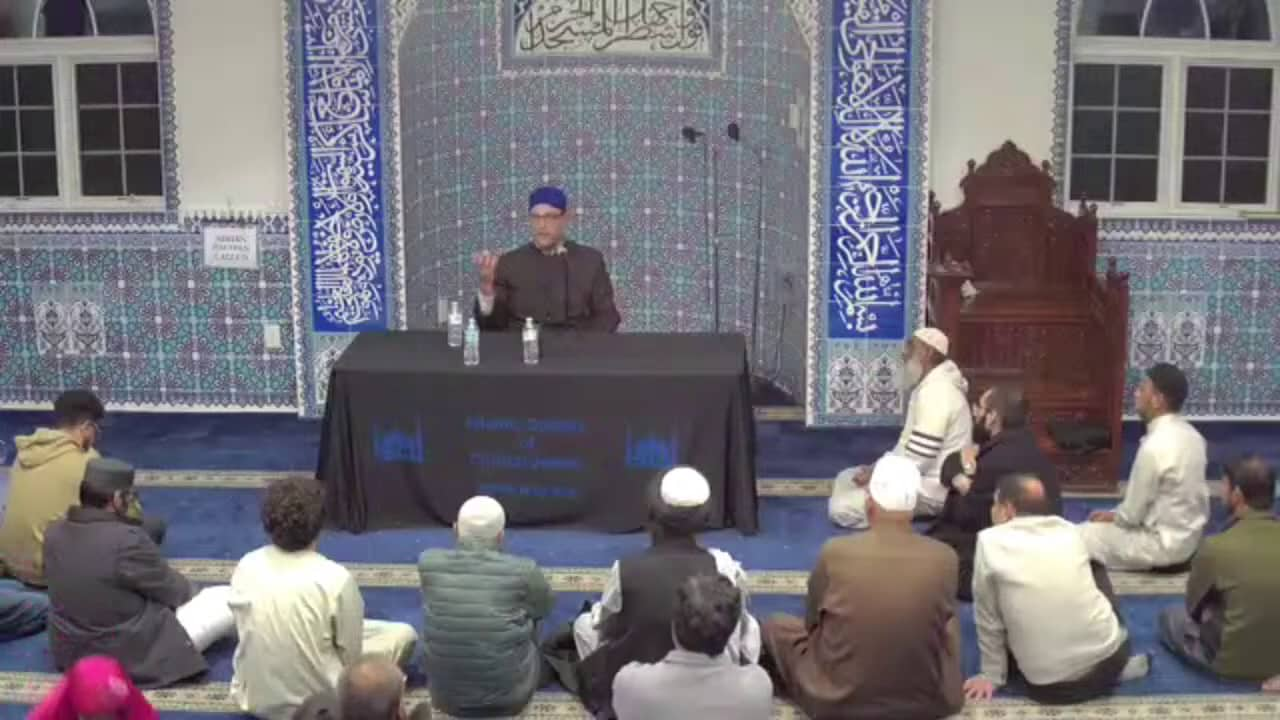
Following are excerpts from an interview with Egyptian movie star Hussein Fahmi, which aired on Rotana Cinema TV on June 17, 2007:
Hussein Fahmi: As you've mentioned, I come from an aristocratic family, which is something I am proud of. We were very close to the royal palace and to the king. The king would always call me "your highness." Whenever we would visit him on holidays, he would ask: "has his highness come?" "Where is his highness?"
Interviewer: What king are you talking about?
Hussein Fahmi: King Farouq.
Interviewer: You would visit him?
Hussein Fahmi: Of course, on special occasions and on holidays.
Interviewer: He would call you "your highness" when you were little?
Hussein Fahmi: Yes. We were very fond of each other. My aunt was the queen's lady-in-waiting, and my uncle was the commander of the Royal Guards.
[...]
We were very close to the palace, and that's why I was there. The king would give us firecrackers to play with in the Al-Abideen palace.
Interviewer: Would you have preferred Egypt to remain a monarchy?
Hussein Fahmi: Of course. You've raised an issue that...
Interviewer: Aren't you afraid to say such things? You will get us into trouble.
Hussein Fahmi: Why trouble? We are a democratic country.
Interviewer: For years, people struggled for their independence, and they celebrate this independence, and now you come and say you'd like to go back to King Farouq? Or is it just because you were close to him?
Hussein Fahmi: No, it's because were independent back then. Who said that King Farouq... King Farouq's decision to join the 1948 war was contrary to the British position.
[...]
I prefer the monarchic regime. I feel that when Egypt was a monarchy, it was a democratic country, and had a strong parliament. Egypt was a great country back then, the Egyptian pound was strong, and the economy was powerful. This was a great country. Muhammad Ali built a country that was very advanced, to the point that he threatened the Ottoman rulers. The Egyptian fleet was the strongest at sea.
Interviewer: Muhammad Ali was Turkish, not Egyptian.
Hussein Fahmi: But it was the Egyptians who built the fleet. For one thing, Muhammad Ali was appointed by the Egyptian sheiks. He did not impose himself [on Egypt]. He was not a dictator. He was asked to...
Interviewer: Muhammad Ali was your great-grandfather?
Hussein Fahmi: No, he wasn't... Today, when I travel to monarchic countries... Monarchies, even in the Arab region, are completely different from republics. The people are different, their way of thinking is different...
Interviewer: Different in what way?
Hussein Fahmi: I don't know, but there is a different atmosphere. As a citizen of a country which is not a monarchy, when I visit an Arab monarchy, it feels entirely different. The people are different...
Interviewer: Describe the feeling.
Hussein Fahmi: I don't know, you feel there is calmness, stability, and mutual respect. The people respects itself and the king. It feels different. In some Arab monarchies, I get a different feeling.
Interviewer: England and Belgium are also [monarchies]...
Hussein Fahmi: As for England, King Farouq, who was a very smart man, said that one day there would be only five kings left in the world – four in a deck of cards and the king of England. He always used to say this. Monarchy is destined to vanish, but I still prefer it.
interviewer: You believe in it as a regime, but what about the revolution?
Hussein Fahmi: Was it a revolution?
Interviewer: What was it, then?
Hussein Fahmi: It was a coup d'état. It was a coup d'état.
Interviewer: You are reducing the revolution to a coup d'état...
Hussein Fahmi: It was a coup d'état, and the fact that the people took to the streets and that the people confronted one another – that's another matter. But what happened was a coup d'état. The king refused to attack [the people]. He was with the Royal Guards, and he was armed. I am not inventing anything, this is history. It was the army that took to the streets, wasn't it? Then, it was a coup d'état.
[...]
Interviewer: The revolution changed the course of history of Egypt. "Hold you head high, brother." The agrarian reform...
Hussein Fahmi: I'd like to say, with regard to the slogan "hold your head high" – where was the head of the Egyptians beforehand? Our heads were in the sky. The Egyptians were highly respected.
[...]
Interviewer: A small group, only 0.5% of the population, owned all of the lands, and after [the revolution] they distributed them.
Hussein Fahmi: And where are the lands today?
Interviewer: The peasants got them.
Hussein Fahmi: Allah be praised, the peasants have good life, the lands have been distributed...













